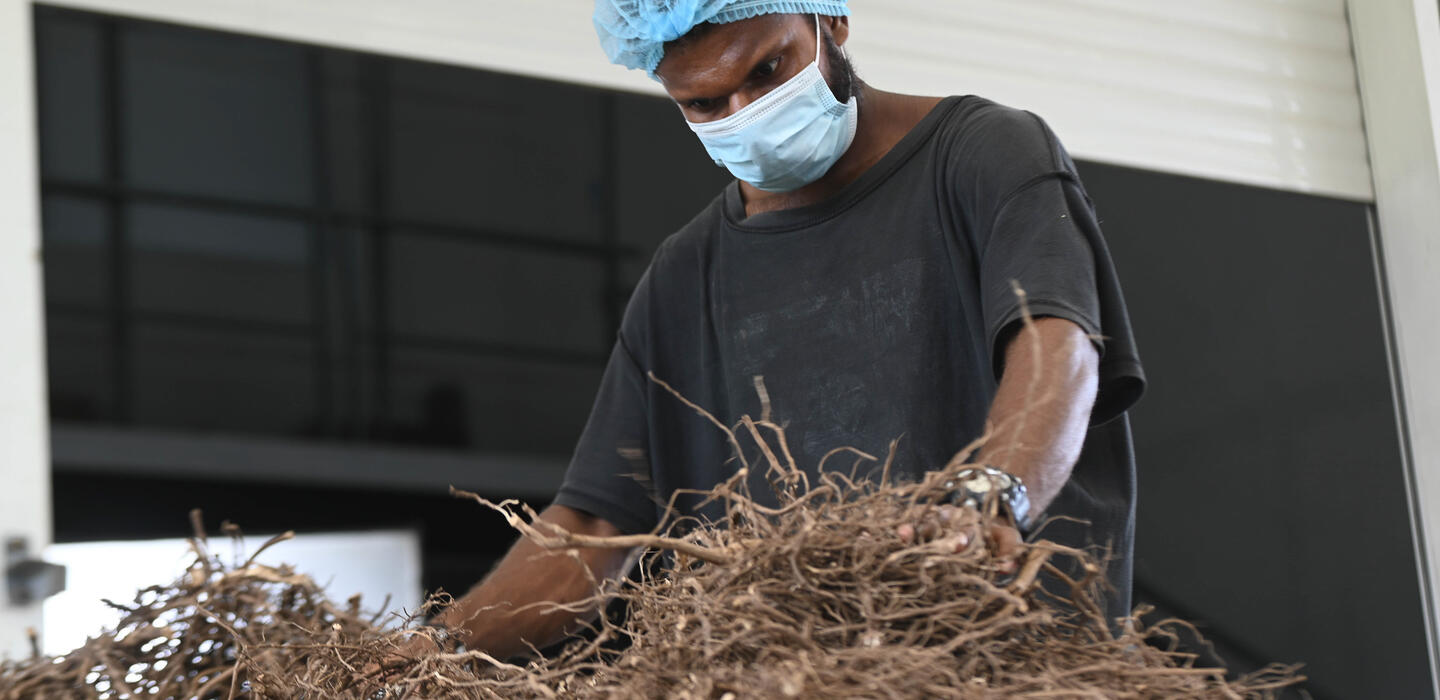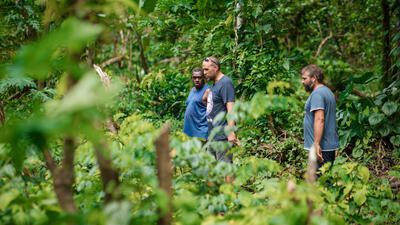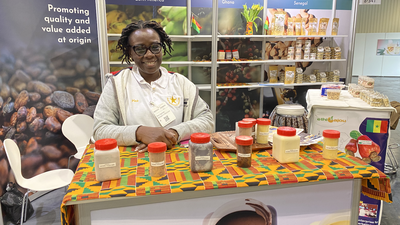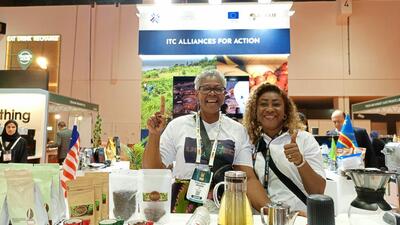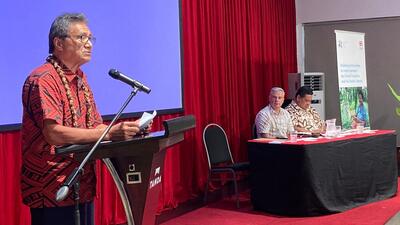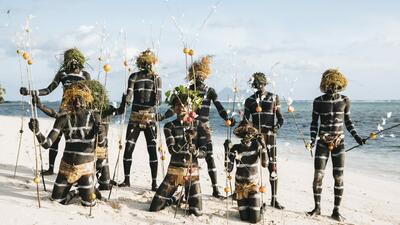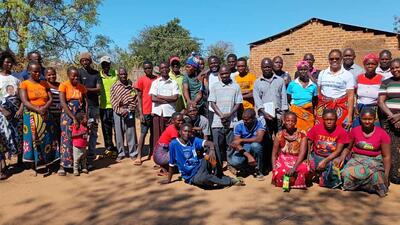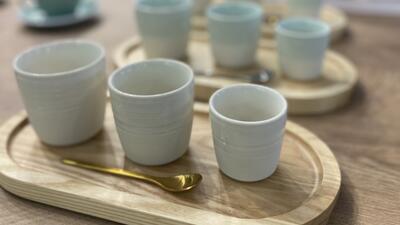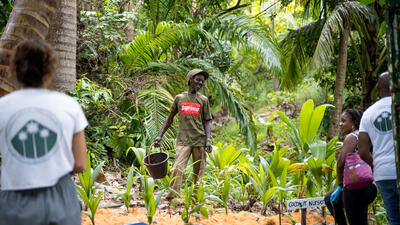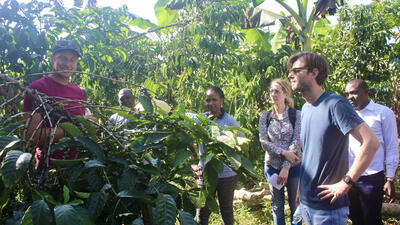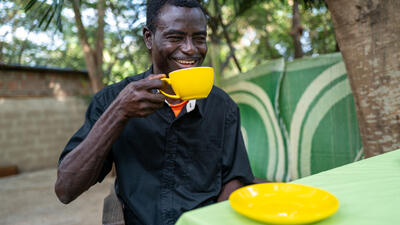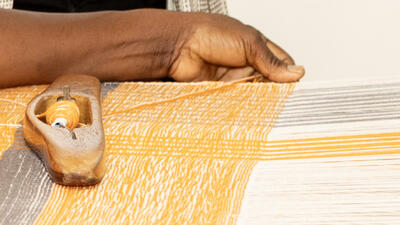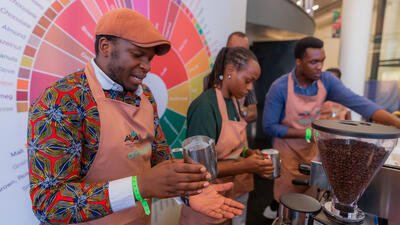
Kava: The green gold from Vanuatu booms in niche markets
You might have never tasted or even heard of kava, a plant indigenous to the South Pacific. But kava bars are increasingly popping up in new markets thanks to passionate traders like Michael Louzé.
The Vanuatu citizen promises quality produce that empowers Indigenous farmers economically, while moving away from traditional commodities introduced during pre-colonial times.

Kava is bitter. Kava is strong. Kava is like nothing you have ever tasted. That is how Michael Louzé from Vanuatu describes it. If you are looking to compare, the fresh, green kava roots are as exotic as a cup of black coffee or as strong as blue cheese– but instead of exciting you with caffeine, its sedative effects relax you.
It is therefore not at all surprising that “Nakamals”, original kava bars in the Pacific islands, have been popular community meeting places in Vanuatu for the past 1,000 years, where locals gather to drink kava – and to socialize. Traditionally, kava, when its roots are diluted with water, is consumed for medicinal, social, and ceremonial purposes. And you never drink it alone, says Michael.

Michael’s family is native to small island states, and after studying in Paris, nature called him back to Vanuatu, a South Pacific Ocean nation made up of roughly 80 islands.
After obtaining his degree in agriculture, Michael started his professional path with the Vanuatu Agricultural Research and Technical Center, working with growers of traditional crops like coffee and cocoa.
The work was not the right fit for the young graduate, as external consultants would write reports that did not bring any change or new results.
“People coming from the outside, for just a short period of time, cannot understand the local context. They do not bring enough patience for sustainable solutions.”
As Michael saw little impact from his work, he decided to try the private sector, intrigued by the idea of exporting kava for better impact. With kava being part of the island’s daily life and tradition, many locals were attracted by the opportunity to grow and sell this plant, especially after centuries of harvesting low-value, pre-independence crops.
“When you work for the private sector, every decision is results oriented. You are going to have impact. And my three years working with the communities and cooperatives helped me see this.”
Thanks to its first export boom in the 1990s, kava was a commodity that would bring financial security, offering a good incentive to farmers and traders. Michael’s time working for a company that partnered with German-based pharmaceutical company Schwabe, was short-lived, however, as Europe banned the plant’s imports in 2002. The young project manager had to find an alternative way to make kava trade happen.
Working for a prominent cattle farmer and cocoa exporter in Espiritu Santo, Michael started to buy kava from the farmers, competing with the only buyer on the island at that time, who was paying less than $2 per kg.
However, over time, the price slowly rose as regional markets picked up, and most of their kava was sent to Fiji and New Caledonia.
Michael moved from Espiritu Santo to Port-Vila in 2010 and started his small family-owned business South Seas Commodities. The US market became a substantial importer and in 2015, kava saw a new boom.
Now over 10 years later, the Pacific Community reports that annual exports of kava from Vanuatu accounted for almost half of all exports in 2020 (49.1%, equalling 774 tonnes), and 75% in the first quarter of 2023.
Video

South Seas Commodities operates a sanitary warehouse near the airport outside of Port Vila. The trade house receives ‘noble’ kava roots from the outer islands (around 500kg to 1000kg per week) that are pre-cleaned, peeled, cut, washed, and sun-dried thanks to solar and electric dryers that Michael has installed.
These deliveries are coordinated by six agents / lead farmers, who each work with +30 farmers in different communities.
At South Seas, the produce undergoes a thorough inspection and pressure washing with filtered water and a sanitation process. Then the roots and chips are sold as raw bulk product, mainly to the United States and France.
“These markets appreciate our quality. Thanks to our extra step of sanitization and quick drying, and sourcing only the best kava roots throughout the islands, our kava’s value has increased – which means more income for all.”

As chairman of the Vanuatu Kava Industry Association for more than ten years, Michael tries to make sure that Kava remains a high-paying, top quality commodity for the farmers. And there are several reasons for that.
Since farmers have a crop that for the first time yields good money, Vanuatu is at risk of mono-cropping. This means less plantations that focus on securing food for the island, and more potential soil erosion when cyclones hit.
These are only some of the challenges that Michael and the other representatives of the Vanuatu Kava Industry Association are discussing at meetings where the government and private sector come together to find solutions.
“Kava is huge for the economy of Vanuatu. 100% of our farmers are Indigenous subsistence farmers. For the first time they have access to a native commodity that empowers them. It is their chance. That’s why we must be careful with what we do.”

According to Michael, kava should be a priority for the government. The trader would like to see discussions around the existing exporting ban by the United Kingdom, among other European countries. Rather than push for development aid or investment in infrastructure, the government should focus on trade.
“Trade is the solution to our economic dependence. Getting aid support is not sustainable. It feels like countries want us to be dependent on aid. There is no reason to not allow kava to be exported, especially if we are importing alcohol from the rest of the world.”
The International Trade Centre in collaboration with the Pacific Community is working with Michael and other traders and producers in Vanuatu to build capacity at the farming level, improve processing and value addition and connect to potential markets.
“If you help farmers with quality production, exporters can offer a premium price. Everybody wins in the value chain.”
At the end of our interview, Michael has only one more thing to say: Everyone should try kava – and see how it goes! And I’ll take his word for it.
The International Trade Centre, in collaboration with the Pacific Community, is implementing the EU-ACP Business Friendly programme in Vanuatu to support the kava sector. The initiative, funded by the European Union and the Organisation of African, Caribbean and the Pacific States (OACPS), looks at improving the competitiveness and market connectivity of value chain operators, including family farmers, agripreneurs, processors and traders like Michael Louzé. Central to these efforts are sustainable production practices to build resilience and bankable business models to attract investments. Beyond Vanuatu, the programme is implemented in 12 ACP countries, prioritizing five sectors: coffee, cocoa, cotton, coconuts, and kava.










